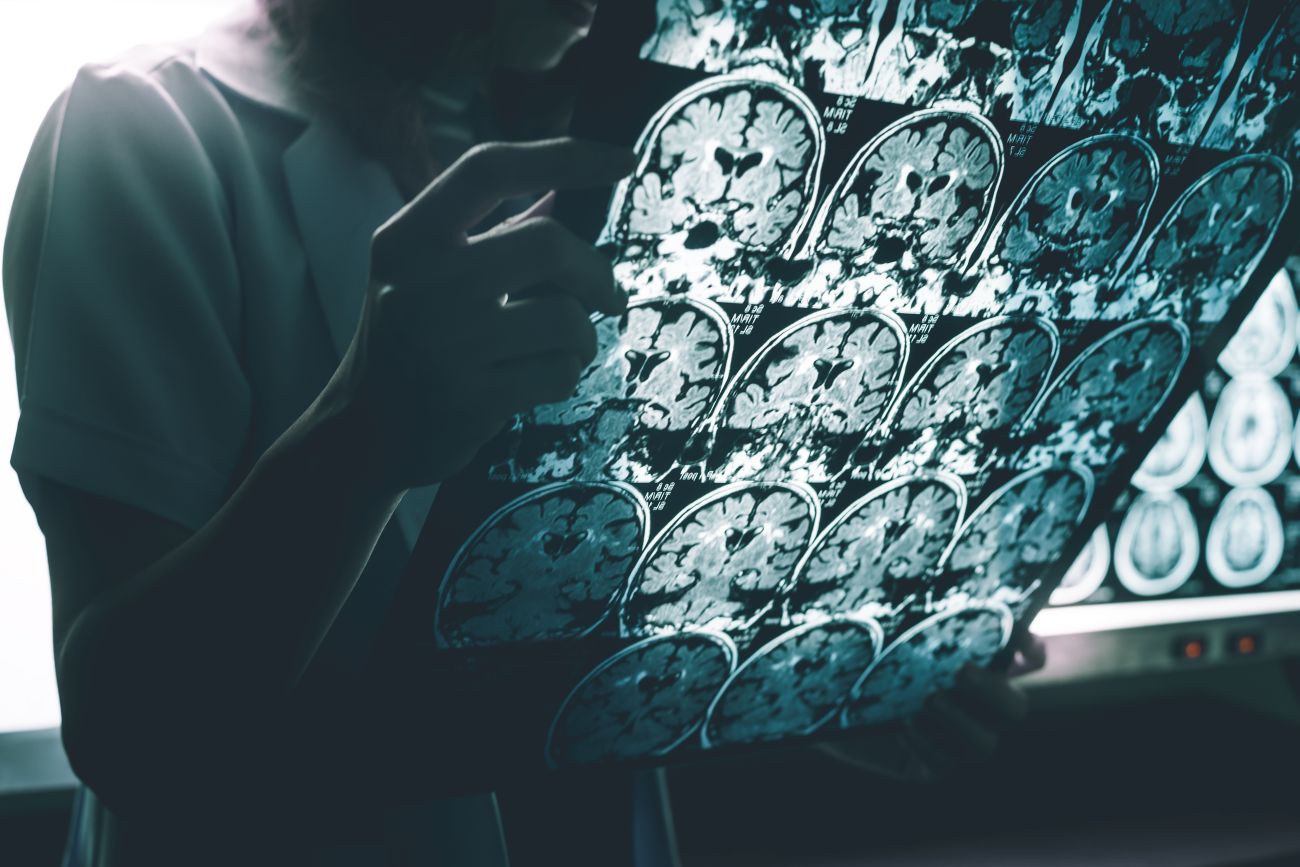Dementia and Alzheimer’s disease are the most common causes of cognitive decline in older adults, but they are not the same condition. Dementia is an umbrella term for a range of symptoms affecting memory, problem-solving, and reasoning, while Alzheimer’s is a specific, progressive disease and the most common form of dementia. Understanding the differences is crucial for accurate diagnosis, treatment, and care, as each condition may present distinct challenges and management approaches.
Dementia: An Umbrella Term
Dementia is a general term that refers to a decline in mental ability severe enough to interfere with daily life. If someone is diagnosed with dementia, it doesn’t necessarily mean they have Alzheimer’s disease. Instead, dementia encompasses a range of conditions that might affect memory, reasoning, problem-solving, and language skills.
The causes of dementia could include conditions like vascular dementia, Lewy body dementia, frontotemporal dementia, or Alzheimer’s. If a doctor suspects dementia, they would typically investigate the underlying cause to determine an accurate diagnosis. Treating dementia might depend on identifying and managing these specific causes. For example, vascular dementia could improve if underlying cardiovascular issues are addressed, whereas other forms may not be reversible.
Alzheimer’s Disease: A Specific Type of Dementia
Alzheimer’s disease is the most common type of dementia. If a person is diagnosed with Alzheimer’s, they would experience a progressive neurological condition that damages the brain’s cells. This condition is often marked by memory loss, confusion, and behavioral changes that worsen over time.
Unlike some other types of dementia, Alzheimer’s doesn’t have a known cure, but certain treatments could help slow its progression. Medications such as cholinesterase inhibitors or NMDA receptor antagonists might be prescribed if the patient’s symptoms fit within specific parameters.
Symptoms and Onset
If someone is experiencing symptoms of dementia, it might manifest as forgetfulness, difficulty with language, or an inability to focus or make decisions. These symptoms are not exclusive to Alzheimer’s and could appear in other forms of dementia.
However, if Alzheimer’s is the cause, the symptoms are likely to follow a specific pattern. Memory problems often appear first, especially with recent events, and are followed by difficulty recognizing familiar people, navigating environments, or performing everyday tasks.
Diagnosis and Treatment
If you or someone you know shows signs of dementia or Alzheimer’s, seeking medical evaluation is crucial. A healthcare provider might use memory tests, brain imaging, or laboratory tests to determine whether the condition is Alzheimer’s or another type of dementia.
Treatments could vary depending on the diagnosis. If it’s Alzheimer’s, options might include medications designed to improve symptoms temporarily. On the other hand, some types of dementia, like those caused by vitamin deficiencies or infections, could improve if treated promptly.
Why the Distinction Matters
Understanding whether a condition is dementia or Alzheimer’s could influence treatment strategies, caregiving approaches, and long-term planning. If a family is equipped with this knowledge, they might feel better prepared to provide support and adapt to future challenges.
In conclusion, while dementia is a broad term describing cognitive decline, Alzheimer’s is a specific and progressive disease. If you suspect symptoms of either, early consultation with a healthcare provider could help clarify the diagnosis and guide appropriate care.
